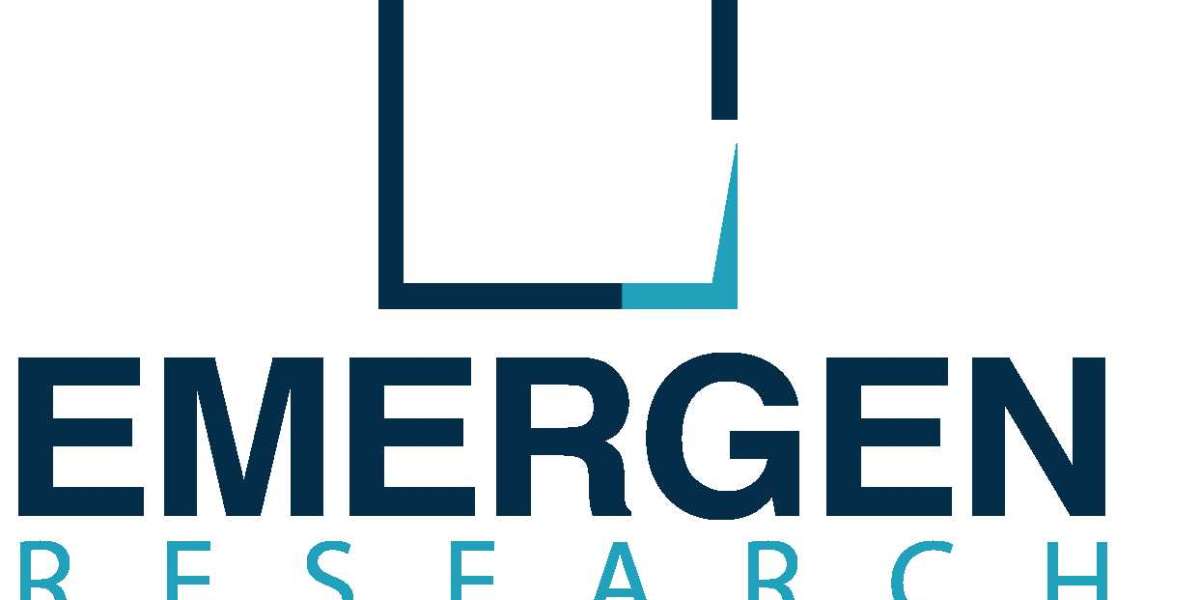In the dynamic landscape of modern academia, students face an array of challenges. Among these, the demand for excellence in writing assignments often stands out as a significant hurdle. In response, a niche industry has emerged: writing assignment services. These services offer students assistance with their academic writing tasks, promising everything from research support to fully completed assignments. However, the proliferation of such services raises questions about ethics, academic integrity, and the broader implications for education.
At their core, writing assignment service provide a range of solutions to students grappling with academic writing tasks. These services typically employ professionals with expertise in various subjects who can assist students at different academic levels. The spectrum of services offered can include brainstorming sessions, drafting assistance, editing and proofreading, as well as the provision of custom-written papers tailored to specific requirements.
One of the primary advantages of utilizing writing assignment services is the potential for improved academic performance. For students struggling with writing or those facing time constraints due to other commitments, these services offer a lifeline. By providing expert guidance and support, they can help students develop their writing skills and produce high-quality assignments that meet academic standards.
Moreover, writing assignment services can serve as valuable educational resources. Through collaboration with experienced writers, students can gain insights into effective writing techniques, research methodologies, and citation practices. This educational aspect is particularly beneficial for students who may lack access to adequate academic support or mentorship within their institutions.
However, the rise of writing assignment services also raises ethical concerns within academia. Critics argue that outsourcing academic work undermines the fundamental principles of learning and intellectual development. By submitting work that is not entirely their own, students risk compromising their integrity and devaluing the credentials they earn through their education.
Furthermore, there is the issue of fairness. While some students may have the means to afford assignment writing service in london, others may not. This creates an uneven playing field where academic success becomes increasingly tied to financial privilege rather than merit and effort.
In response to these concerns, academic institutions have implemented measures to deter students from using writing assignment services. Plagiarism detection software, strict academic integrity policies, and educational initiatives promoting responsible academic conduct are among the strategies employed to uphold standards of integrity and fairness.
Nevertheless, the demand for writing assignment services persists, driven by various factors including the pressure to excel academically, language barriers, and the increasing prevalence of online education. In light of this reality, it is essential to consider the potential benefits and drawbacks of these services and explore avenues for ethical engagement.
One approach is to foster a culture of academic support and collaboration within educational institutions. By providing students with the necessary resources and guidance to develop their writing skills, institutions can empower them to tackle academic challenges with confidence and integrity. This can involve offering writing workshops, peer tutoring programs, and access to writing centers staffed by qualified professionals.
Additionally, educators can play a pivotal role in addressing the root causes that drive students to seek external assistance with their writing assignments. By adopting inclusive teaching practices, providing constructive feedback, and accommodating diverse learning needs, educators can create a supportive learning environment where students feel empowered to engage meaningfully with course material and develop their writing proficiency.
From an ethical standpoint, assignment providers also have a responsibility to uphold academic integrity and transparency. This includes ensuring that all work produced adheres to ethical standards and is properly cited to acknowledge sources. By promoting honesty and accountability, writing assignment services can contribute to a culture of academic integrity and responsible scholarship.
In conclusion, writing assignment services play a complex and contested role in modern academia. While they offer valuable support and resources to students navigating the challenges of academic writing, they also raise ethical concerns related to academic integrity and fairness. By fostering a culture of academic support, promoting ethical engagement, and prioritizing the development of students' writing skills, educational institutions can address these concerns while empowering students to succeed academically with integrity and diligence.



